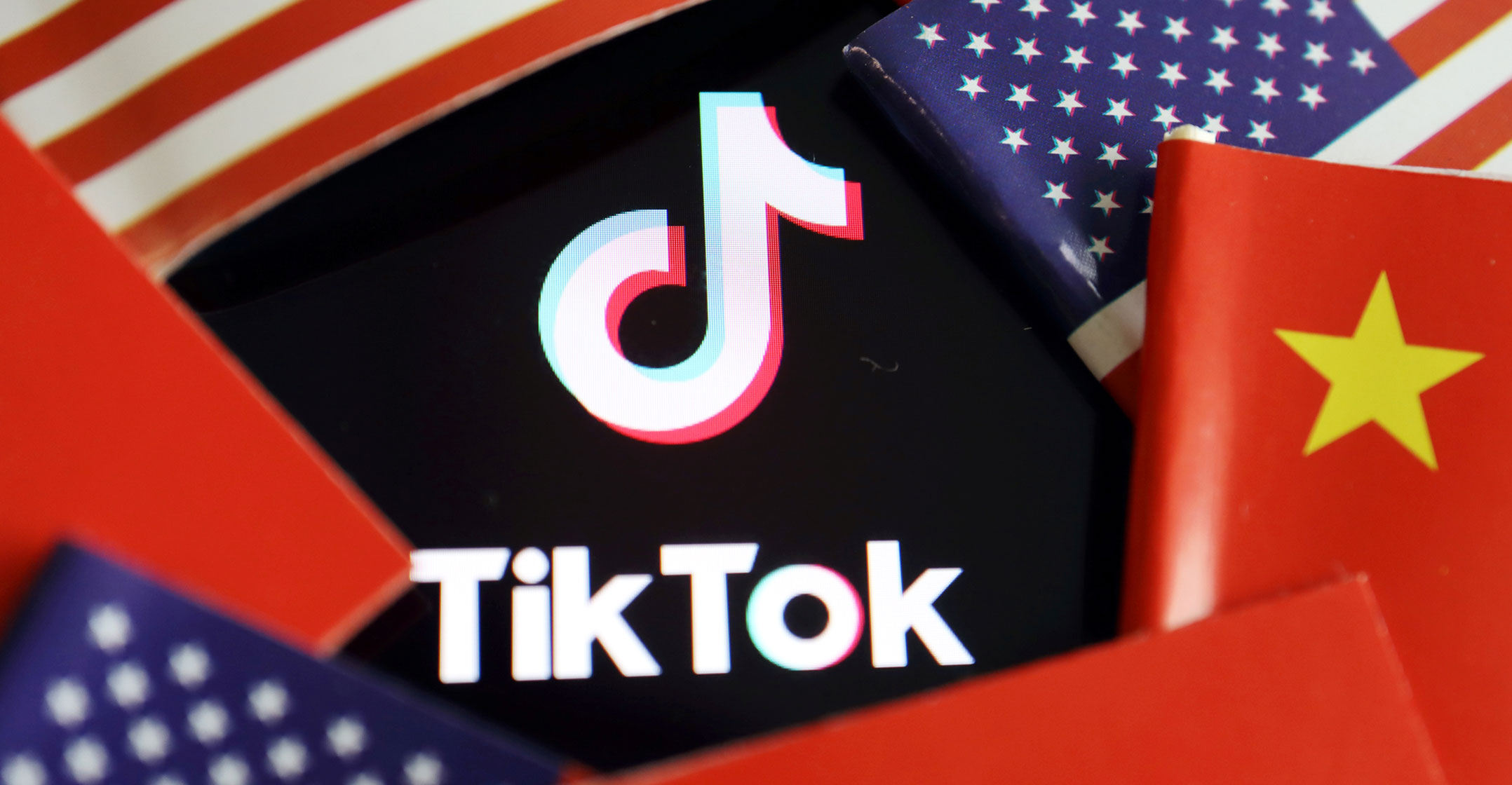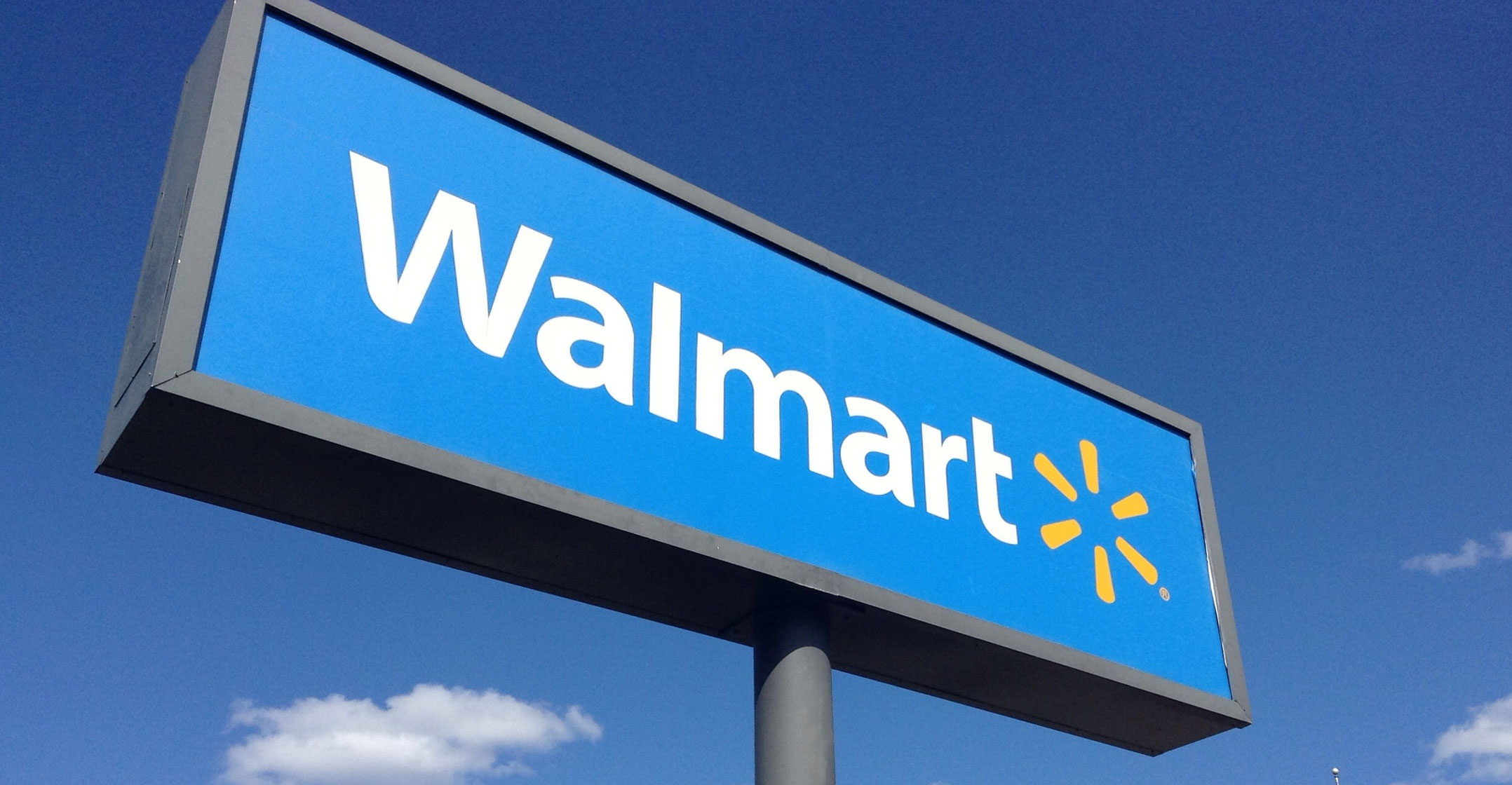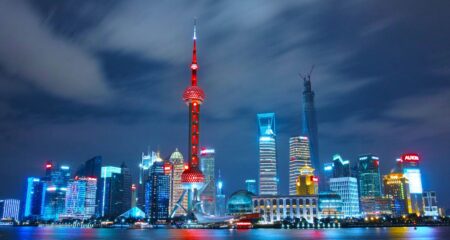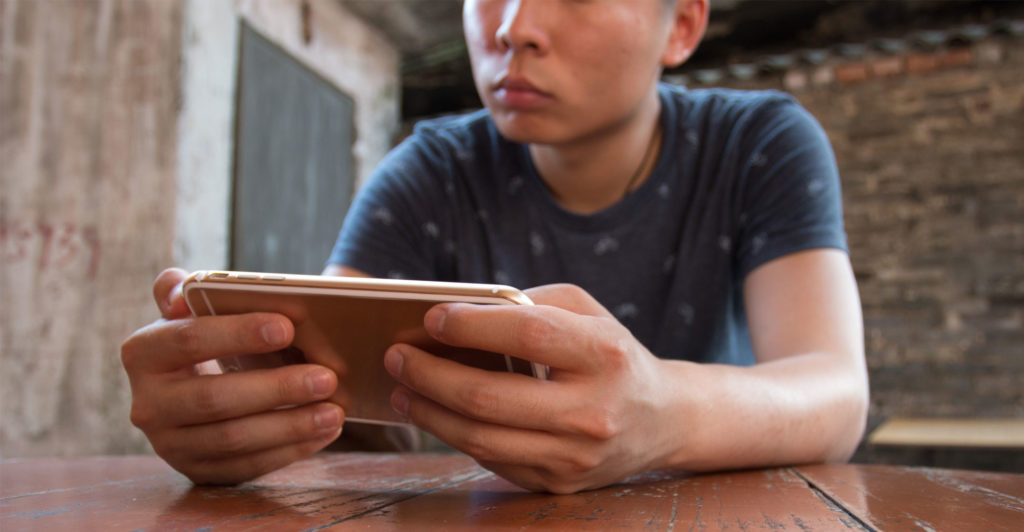
China’s ByteDance is planning a US initial public offering of TikTok Global, the new company that will operate the popular short-video app, should its proposed deal be cleared by the US government, people familiar with the matter said on Thursday.
ByteDance is racing to clinch an agreement with the White House that will stave off a US ban on TikTok that President Donald Trump has threatened could happen as early as next week.
Trump ordered ByteDance last month to divest TikTok amid US concerns that the personal data of as many as 100 million Americans who use the app could be passed on to China’s Communist Party government.
On Wednesday, he reiterated he was opposed to ByteDance retaining majority ownership of TikTok.
The White House and ByteDance have agreed to a term sheet on some aspects of a deal, although Trump has not yet approved it, one of the sources said. Top ByteDance US investors, Oracle and potentially Walmart would hold at least a 60% stake in TikTok’s US operations, the source said.
White House chief of staff Mark Meadows said the situation was still fluid. “There’s no definite proposal that the president’s being asked to consider or reject at this point,” Meadows told reporters.
Oracle, Walmart
The new company, dubbed TikTok Global, will have a majority of American directors, a US CEO and a security expert on the board, the source added. Oracle has agreed to eventually own a 20% stake in the company, according to the source. If Walmart also successfully negotiates acquiring a stake, its CEO, Doug McMillon, would get a seat on TikTok Global’s board, the source said.
Trump said that his administration talked to Walmart and Oracle on Thursday but “nothing much has changed” regarding a deal.
He added, without giving details: “I guess Microsoft is still involved.” Microsoft said on Sunday its offer for TikTok was rejected. Microsoft did not immediately respond to a request for comment on Thursday. “We’ll make a decision soon,” Trump said.

An IPO of TikTok would be one of the technology sector’s biggest ever stock market debuts, given that the app was recently valued by ByteDance investors at more than US$50-billion. It would further reduce ByteDance’s stake in the company to appease US officials who want to see the Chinese firm loosen its grip on the video app.
The filing of the IPO would be on a US stock exchange and could come in about a year, the sources said.
There is no certainty over whether Trump will sign off on the agreement. It was also not immediately clear what assets TikTok Global would own beyond the app’s assets in the US. ByteDance has offered to create 25 000 new US jobs with TikTok headquartered in the US as it seeks to win Trump’s blessing for a deal.
It was also not clear whether ByteDance could present the deal to China as keeping majority ownership of TikTok. Chinese officials have said they do not want ByteDance to agree to a forced sale, and the company’s proposal to the White House this week called for it to retain majority ownership of TikTok.
The board of TikTok Global would include a national security director, who will be approved by the US and chair a security committee overseeing the protection of user data, according to a person familiar with the matter.
The term sheet will grant Oracle the right to inspect TikTok’s source code and includes numerous provisions to ensure data security and requirement that all US users data remains in the US housed by Oracle, the source said.
National security
It is not clear what Oracle or Walmart will pay for a stake. Oracle, Walmart and the US treasury department did not immediately comment.
Meadows said on Thursday that the administration is still looking at details of the deal and whether it meets national security thresholds. Meadows said if TikTok remains predominantly Chinese-run under the Oracle deal, that would not meet Trump’s objectives.
ByteDance said on Thursday it would need China to approve the proposed deal with the White House, indicating how its bid to stave off a ban in the US could be further complicated. — Reported by David Shepardson, Stephen Nellis and Echo Wang, with additional reporting by Steve Holland, (c) 2020 Reuters




